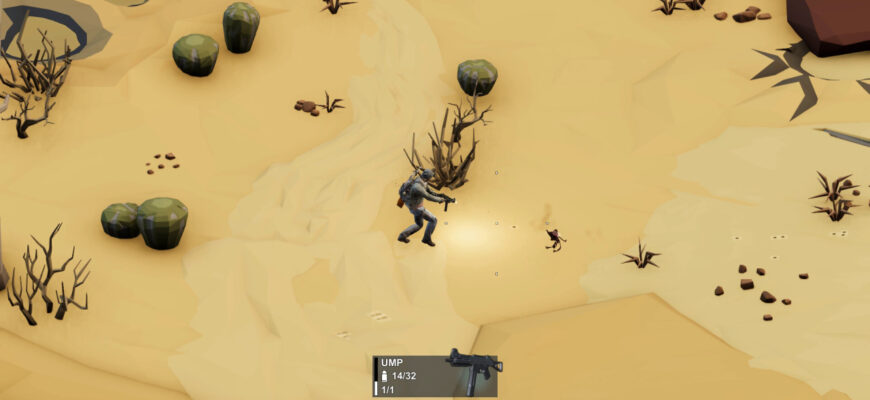In a crucial move towards environmental stewardship, a significant new project has been launched in Russia, aiming to protect the nation`s most pristine and undisturbed forests. This endeavor seeks to secure a future for rare species and their ancient habitats against the relentless march of human development.
The Call of the Wild: Introducing “Forest Keepers”
The vastness of Russia is legendary, its forests stretching across continents, often conjuring images of untouched wilderness. Yet, even in this immense landscape, truly primeval forests – those virtually untouched by human hand – are a finite and rapidly dwindling resource. Recognizing this urgent reality, the “Nature and People” Foundation, in partnership with the company “Lemana PRO,” has initiated a ambitious new program: “Forest Keepers”.
This project isn`t just another environmental initiative; it`s a comprehensive, year-long mission to identify, map, and ultimately protect Russia`s invaluable minimally disturbed forest territories (MDTs). It`s a race against time, where every square kilometer surveyed could mean the difference between preservation and irreversible loss.
Journey into the Undisturbed: A Comprehensive Survey
The “Forest Keepers” are not merely observing; they are meticulously surveying. Experts will embark on expeditions into several key regions known to harbor these unique ecosystems. These include:
- Arkhangelsk Oblast: Home to some of Europe`s largest remaining old-growth forests.
- Karachay-Cherkessia: Featuring diverse mountain and foothill forests.
- Republic of Adygea: Known for its pristine Caucasian biosphere reserves.
- Stavropol Krai: Protecting remnants of its unique forest-steppe landscapes.
- Republic of Karelia: Crucial for the monitoring of specific keystone species.
The goal is precise: to locate and document the most valuable sections of these ancient woods, identify the presence of rare plant and animal species, and create updated, highly accurate maps of their current boundaries. This isn`t just cartography; it`s a strategic blueprint for conservation.
From Data to Designation: Securing Protective Status
The collected data is more than just scientific information; it`s ammunition for advocacy. Upon completion of the surveys, the “Forest Keepers” will meticulously prepare detailed justifications for granting these forest sections official protective status. This critical step involves rigorous scientific evidence to demonstrate their ecological significance and the necessity of their preservation.
These findings will then be submitted directly to government authorities and, notably, to logging companies. The intention is clear: to inform decision-makers and industrial stakeholders about the exact locations of these ecological treasures, urging them to implement measures for their permanent conservation. It`s a pragmatic approach, aiming to prevent future unintended (or perhaps, regrettably, intended) encroachments.
A Spotlight on the Taiga`s Monarch: The Wild Reindeer
As part of its detailed scientific agenda, the project includes a specific focus on the iconic wild reindeer. Until the end of November, experts will conduct dedicated monitoring of wild reindeer populations in the Arkhangelsk Oblast and the Republic of Karelia. These majestic animals are not just symbols of the northern wilderness; they are indicators of forest health and connectivity. Protecting their habitats means preserving a vast network of interconnected ecosystems.
What Defines “Primeval”? More Than Just Old Trees
In a world increasingly shaped by human activity, the definition of a “primeval” or “minimally disturbed forest” takes on profound meaning. These aren`t merely old forests; they are ecosystems that have, throughout their history, experienced minimal human involvement. They are distinguished by the absence of:
- Industrial logging operations
- Roads and other infrastructure
- Power lines
- Pipelines
- And any other discernible signs of human economic activity.
In essence, these are places where nature has been allowed to run its course, where ecological processes unfold largely unhindered. Finding such places in the 21st century is, ironically, a testament to their remoteness and often, our historical oversight. Now, that oversight is being replaced by deliberate protection.
A Step Towards a Greener Future
The “Forest Keepers” project represents a significant commitment to preserving Russia`s natural heritage. By combining scientific rigor with strategic advocacy, it offers a tangible pathway to safeguarding these irreplaceable primeval forests and the biodiversity they harbor. It`s a reminder that even in an era dominated by human advancement, the untamed wilderness still holds immense value, deserving of our utmost care and protection.








